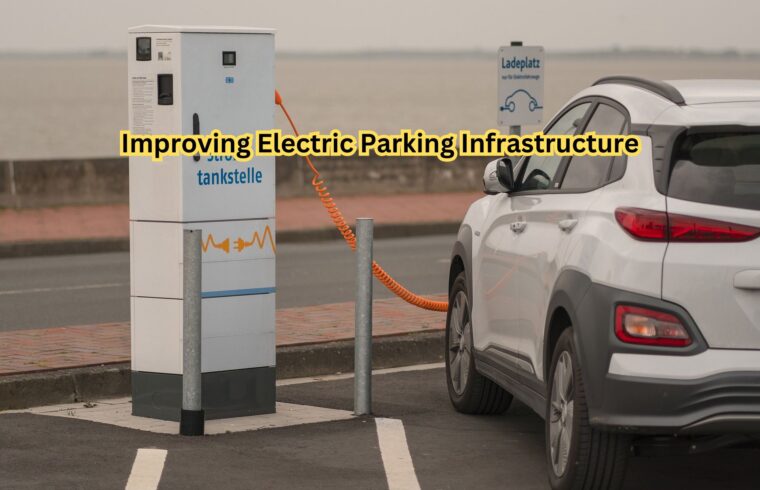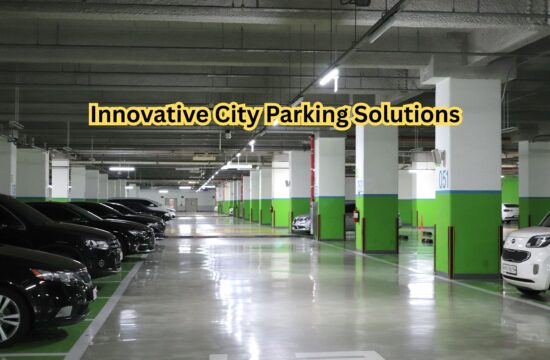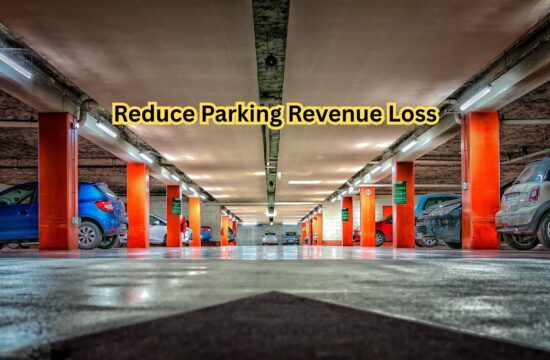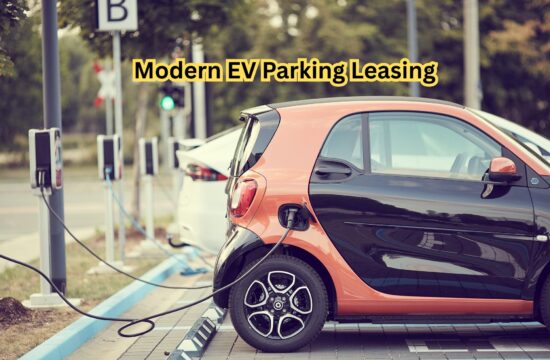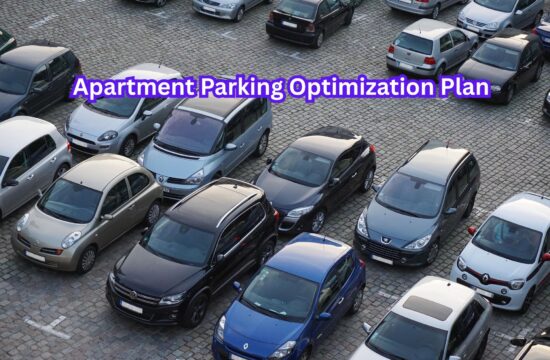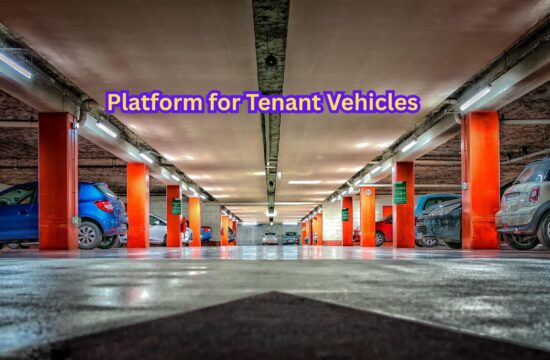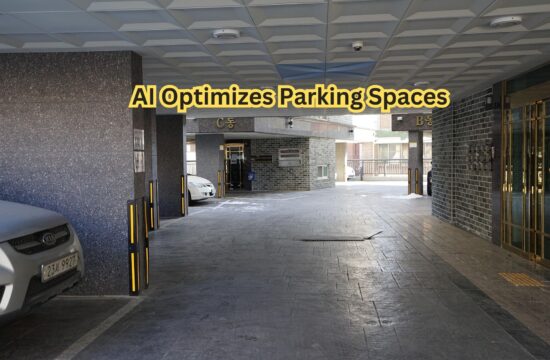Improving Electric Parking Infrastructure is essential for supporting the increasing adoption of electric vehicles. To ensure effective, accessible, and sustainable parking solutions, we must focus on improving electric parking infrastructure by optimizing space for electric vehicles, expanding charging station networks, and integrating smart grid technologies. By prioritizing improving electric parking infrastructure, we can create a more efficient and reliable system for the future of transportation.
EV Charging Bay Innovations
Automated parking systems, wireless charging, and quicker charging rates are the main innovations in EV charging bays. With these developments, electric vehicle owners could expect more convenience, shorter wait times, and a more efficient charging process.
Software Innovations for EV Parking
Apps for real-time space availability, automatic payment systems, and intelligent routing to adjacent charging stations are examples of software developments for electric vehicle parking. For drivers of electric vehicles, these features improve convenience, lessen traffic, and maximize the parking experience.
Improving EV Parking Transactions
Providing contactless choices, integrating mobile wallets, and putting in place smooth payment mechanisms are all necessary to improve EV parking transactions. These developments expedite processing times, streamline the user interface, and improve electric vehicle drivers’ parking convenience.
Improving EV Parking Profits
Optimizing pricing tactics, providing premium services like reserved charging sites. And leveraging data analytics to enhance occupancy rates are all necessary to increase the profitability of EV parking. These strategies fulfill the increasing need for electric vehicle parking options while increasing revenue.
Resolving Charging Station Mismanagement
Improving operator-user communication, standardizing maintenance procedures, and putting in place centralized monitoring systems are all necessary to address charging station mismanagement. By taking these steps, EV charging stations will be more dependable, have less downtime. And provide a better overall user experience.
Optimizing Charging Overstay Control
The implementation of time-based fines, real-time notifications, and automated enforcement systems is necessary to optimize charge overstay control. In addition to preventing extended occupancy and promoting turnover, these tactics guarantee that charging stations are available for future usage by owners of electric vehicles.

